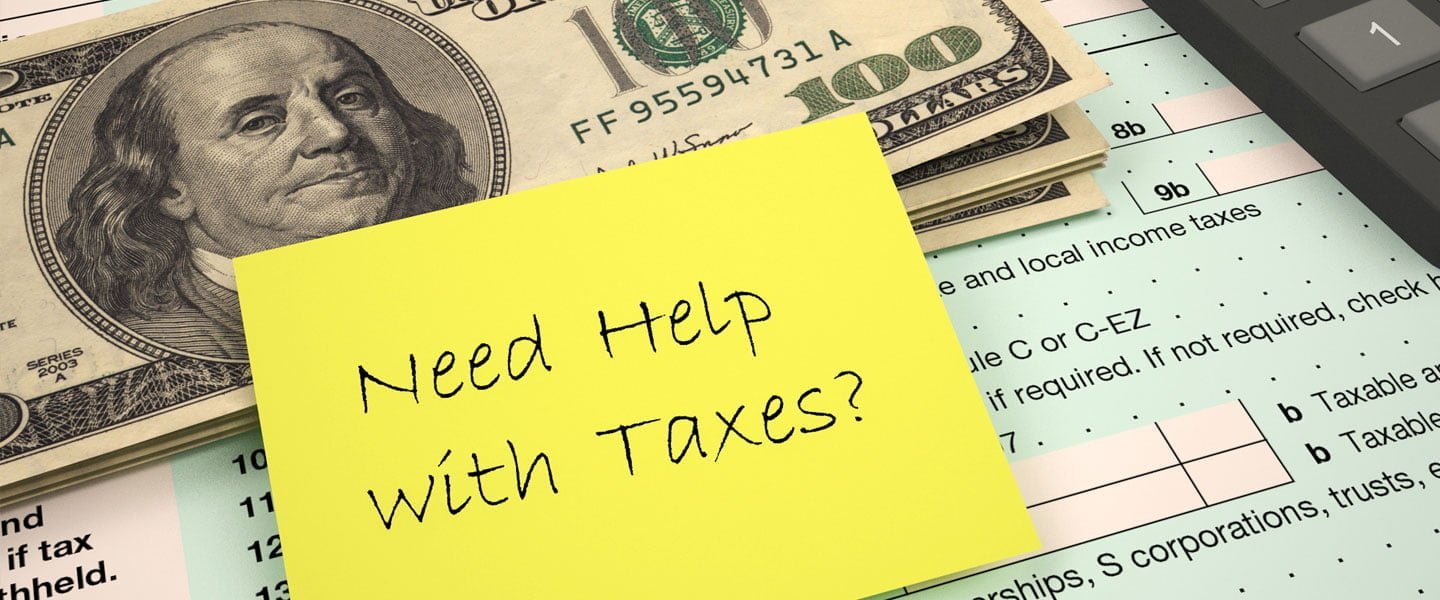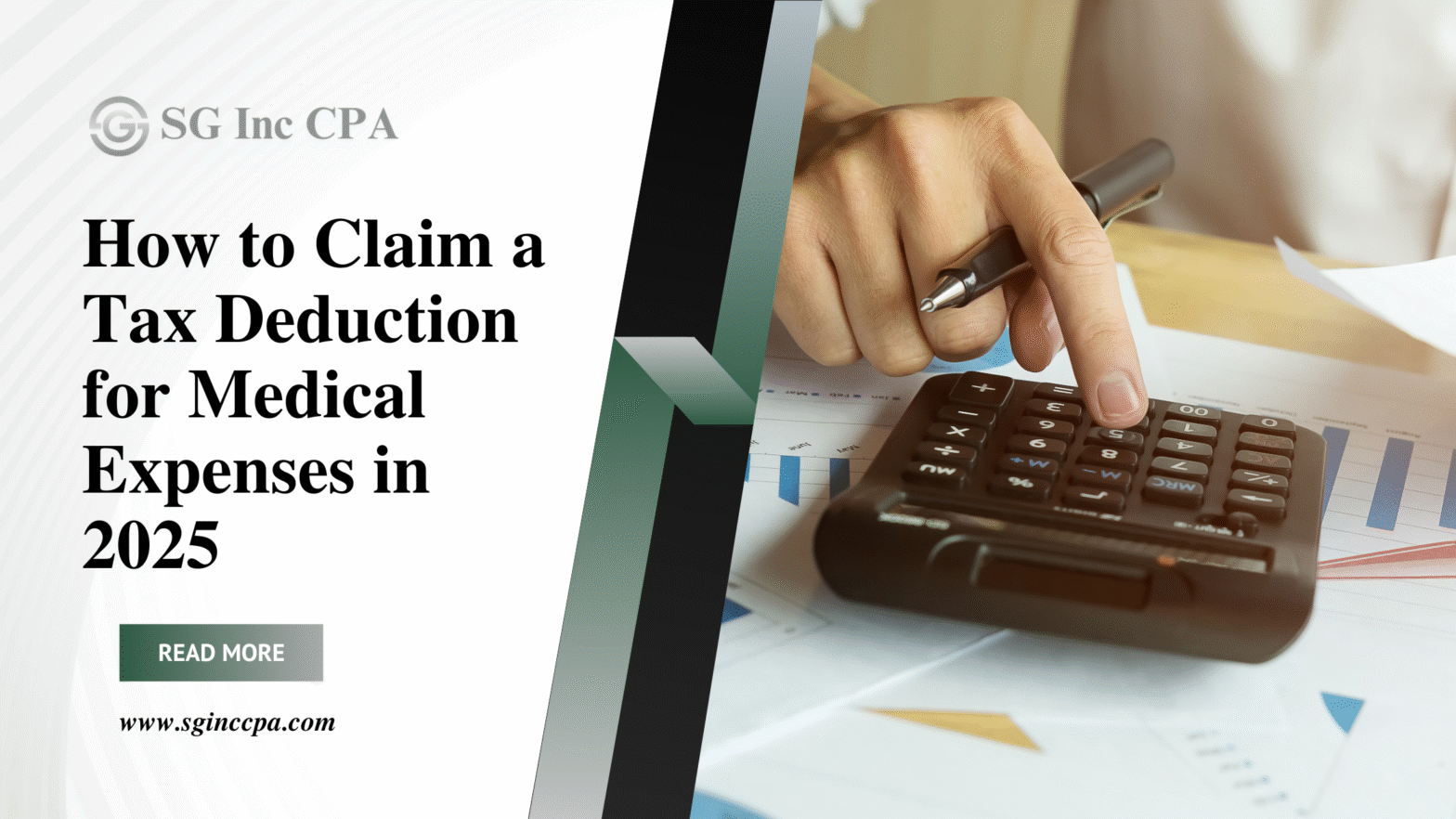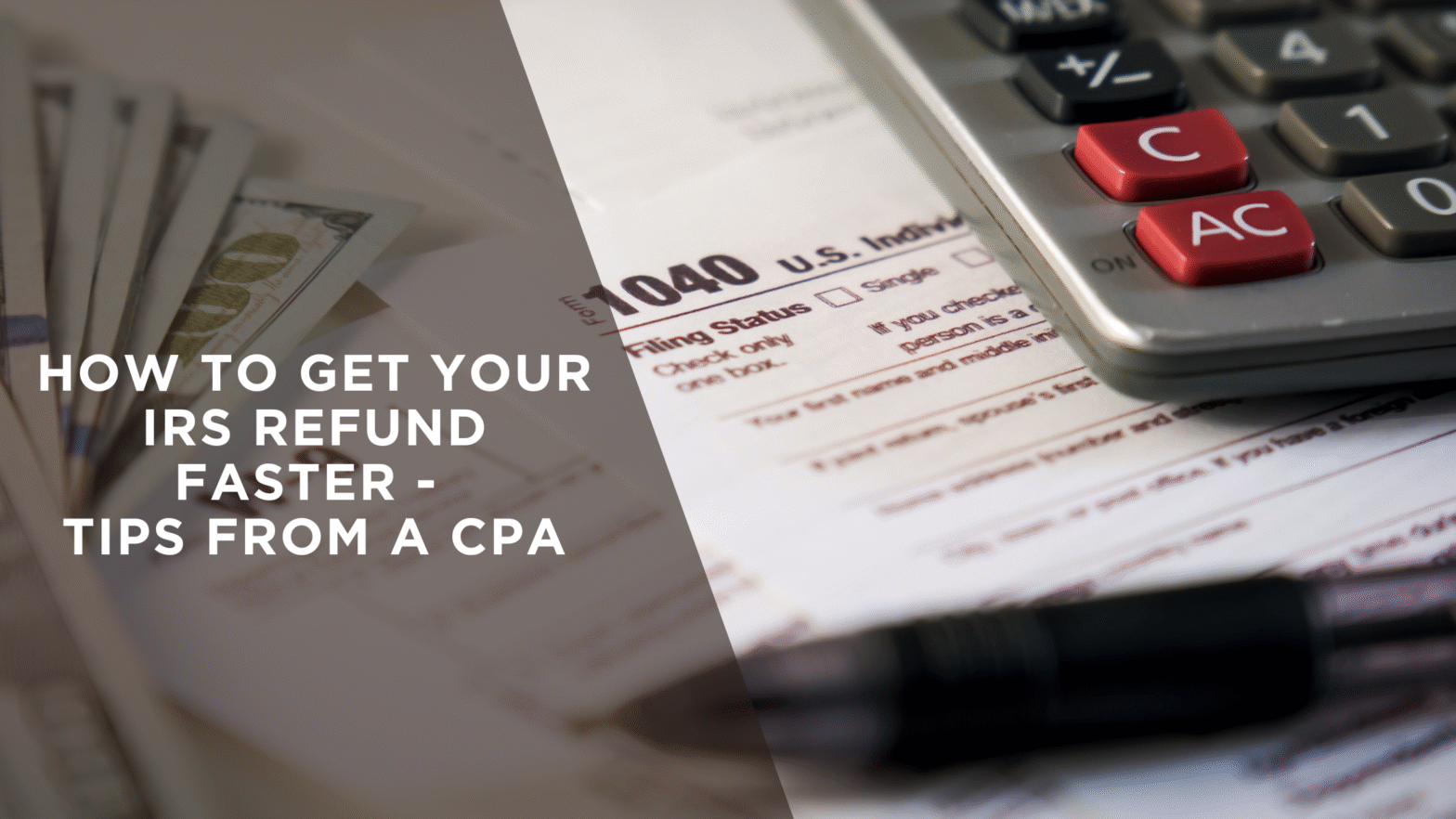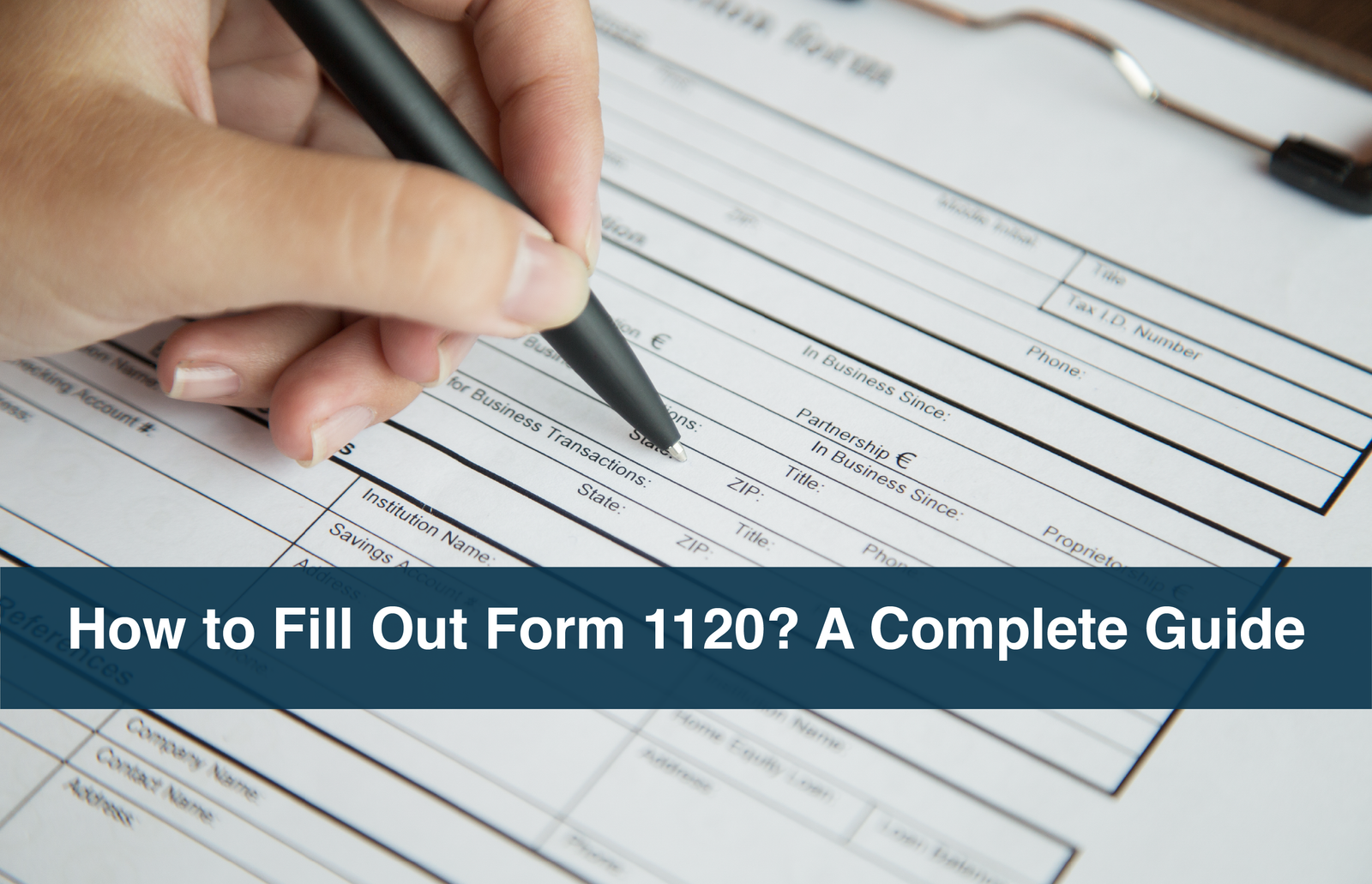Understanding the Tax Classification of Independent Contractors
Independent contractors are typically classified as self-employed individuals. It is crucial to understand the implications of this classification, as it affects the way taxes are calculated and reported.
Maintaining Accurate Records of Income and Expenses
Keeping detailed records of all income and expenses is vital for accurate tax reporting. This includes invoices, receipts, bank statements, and any other relevant financial documents.
Maximizing Deductions for Business Expenses
Independent contractors can deduct legitimate business expenses from their taxable income. It is essential to identify eligible expenses and maintain proper documentation to substantiate these deductions.
Taking Advantage of Self-Employment Tax Deductions
Self-employed individuals are responsible for paying both the employer and employee portions of Social Security and Medicare taxes. However, they can deduct the employer portion of these taxes when calculating their taxable income.
Managing Estimated Tax Payments
As independent contractors do not have taxes withheld from their earnings, they are required to make estimated tax payments throughout the year. Careful estimation and timely payment of these taxes can help avoid penalties and interest charges.
Considering Retirement Contributions
Independent contractors should explore retirement savings options, such as Individual Retirement Accounts (IRAs) or Simplified Employee Pension (SEP) IRAs. These contributions can offer tax advantages while securing their financial future.
Utilizing Home Office Deductions
If a dedicated space in the home is used exclusively for business purposes, independent contractors may be eligible for home office deductions. This deduction can include a portion of rent, mortgage interest, utilities, and other related expenses.
Using Tax Software or Hiring a Tax Professional
Tax software can simplify the tax preparation process for independent contractors. Alternatively, hiring a tax professional with experience in self-employment taxes can ensure accurate and optimized tax filings.
Understanding State and Local Taxes
In addition to federal taxes, independent contractors must consider state and local tax obligations. Familiarize yourself with the tax laws specific to your location to ensure compliance and effective tax planning.
Staying Informed About Tax Law Changes
Tax laws and regulations undergo periodic changes. Staying updated on tax law developments and seeking professional advice when necessary can help contractors adapt their tax planning strategies accordingly.
Keeping Track of Mileage and Transportation Expenses
For contractors who frequently travel for business purposes, tracking mileage and transportation expenses is essential. These costs can be deductible and significantly impact overall tax liability.
Documenting and Reporting Cash Payments
Properly documenting and reporting cash payments received is crucial for accurate tax reporting. Maintain detailed records to ensure compliance and avoid any potential issues with tax authorities.
Managing Client Contracts and Agreements
Maintaining well-drafted contracts and agreements with clients can provide clarity on payment terms, project scope, and other relevant details. Clear contractual terms can help prevent disputes and facilitate smooth tax reporting.
Maintaining a Separate Business Bank Account
Keeping personal and business finances separate is essential for accurate record-keeping. Opening a dedicated business bank account can simplify financial management and make tax reporting more efficient.
Reviewing Quarterly and Year-End Financial Statements
Regularly reviewing financial statements, such as profit and loss statements, can provide valuable insights into business performance. These statements are also essential for accurate tax reporting and identifying areas for improvement.
Conclusion
Tax planning is a crucial aspect of financial management for independent contractors. By implementing effective tax planning strategies, contractors can optimize their tax position, reduce their tax liability, and ensure compliance with tax regulations. It is recommended to consult with a tax professional to tailor these strategies to individual circumstances and stay up to date with tax law changes.
FAQs (Frequently Asked Questions)
Are All Business-Related Expenses Deductible For Independent Contractors?While many business expenses are deductible, it is essential to ensure they meet the criteria set by tax authorities. Eligible expenses should be ordinary and necessary for conducting business.
Can I Deduct Expenses If I Work From A Rented Workspace Instead Of A Home Office?Yes, independent contractors who work from rented workspaces can deduct their rental expenses as business expenses. Keep records of rental payments and related expenses for accurate reporting.
Do I Need To Make Estimated Tax Payments If My Income Varies From Month To Month?Yes, estimated tax payments are based on your projected annual income. If your income fluctuates, you may need to estimate your tax liability for each quarter and adjust your payments accordingly.
Can I Change My Tax Filing Method From Self-Employed To Incorporating My Business?Yes, it is possible to change your tax filing method from self-employed to incorporating your business. However, it is recommended to consult with a tax professional to understand the implications and requirements of such a change.
What Are The Consequences Of Failing To Pay Estimated Taxes As An Independent Contractor?Failing to pay estimated taxes can result in penalties and interest charges. It is essential to calculate and make timely payments to avoid these additional costs.
Can I Deduct Expenses For Business-Related Travel And Accommodation?Yes, as an independent contractor, you can deduct expenses related to business travel, including transportation, lodging, meals, and even certain entertainment expenses. However, it is important to keep accurate records and ensure that these expenses are directly related to your business activities.
Are There Any Specific Tax Credits Available For Independent Contractors?While independent contractors may not have access to certain employee-related tax credits, there are still tax credits available that can benefit self-employed individuals. Examples include the Earned Income Tax Credit (EITC), the Child and Dependent Care Credit, and the Retirement Savings Contributions Credit (Saver’s Credit). It is recommended to consult a tax professional to determine eligibility for these credits.
Can I Carry Forward Business Losses As An Independent Contractor?Yes, if your business incurs a net loss for the year, you may be able to carry forward the loss to offset future income. This can help reduce your tax liability in subsequent years. However, specific rules and limitations apply, so it is advisable to seek guidance from a tax professional.
How Can I Determine If I Need To Make Quarterly Estimated Tax Payments?Generally, if you expect to owe $1,000 or more in taxes for the year, you may need to make quarterly estimated tax payments. However, certain exceptions may apply. It is recommended to review the IRS guidelines and consult with a tax professional to determine your specific requirements.
Can I Deduct The Cost Of Professional Development And Education As An Independent Contractor?Yes, expenses incurred for professional development and education that are directly related to your business may be deductible. This can include costs for workshops, conferences, courses, certifications, and even subscriptions to professional publications. Ensure that these expenses enhance your skills and knowledge in your field of work.

Are Payroll Taxes Changing For 2023 In The U.S.?
Read More
Accounts Payable Management: Streamlining Your Financial Processes
Read More
Tax Planning Strategies For Independent Contractors
Read More







